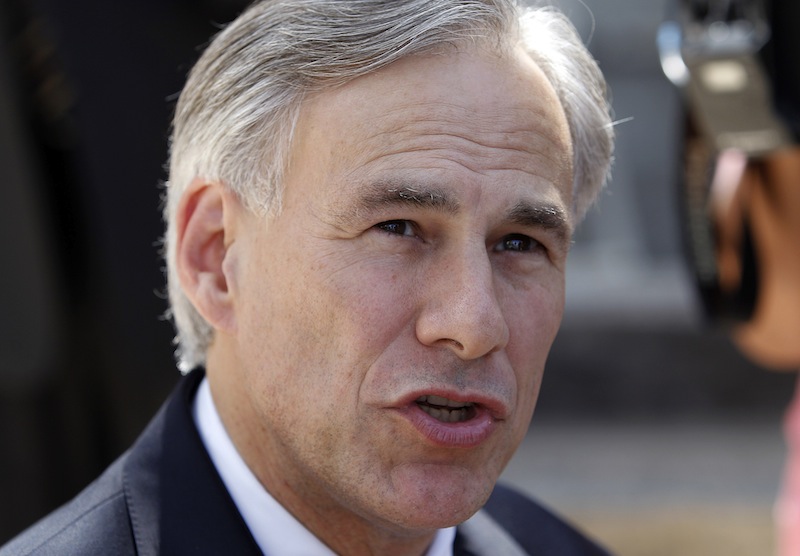Texas is wasting no time capitalizing on the Supreme Court’s ruling on the Voting Rights Act.
Shortly after the high court issued a sweeping 5-4 decision Tuesday striking down a centerpiece of the historic 1965 law, Texas Attorney General Greg Abbott vowed to immediately implement a controversial voter ID law in the Lone Star State that was blocked last year by the now-gutted preclearance provision of the Voting Rights Act.
“With today’s decision, the State’s voter ID law will take effect immediately,” Abbott said, according to the Dallas Morning News. “Redistricting maps passed by the Legislature may also take effect without approval from the federal government.”
The provocative move is the first in what could be a series of clashes between the Justice Department and state and local governments after the Supreme Court’s ruling. The court invalidated the section of the law specifying which state and local governments (all with a history of racial discrimination) are required to receive federal pre-clearance before making any changes to their voting laws. Texas was one of those states.
Shortly after the Supreme Court handed down its decision, U.S. Attorney General Eric Holder warned in a televised speech that the Justice Department will take “swift enforcement actions” against any efforts to exploit the ruling and enact discriminatory voting laws. But the DOJ will have one less tool to do so.
Abbott fired off a series of tweets promising to move forward with the voter ID law, one of which declared that “Eric Holder can no longer deny [voter ID] in [Texas].”
Texas #VoterID law should go into effect immediately b/c #SCOTUS struck down section 4 of VRA today. #txlege #tcot #txgop
— Greg Abbott (@GregAbbott_TX) June 25, 2013
WIth today's #SCOTUS decision #Texas should be freed from Voting Rights Act Preclearance. #txlege #tcot #txgop
— Greg Abbott (@GregAbbott_TX) June 25, 2013
Eric Holder can no longer deny #VoterID in #Texas after today's #SCOTUS decision. #txlege #tcot #txgop
— Greg Abbott (@GregAbbott_TX) June 25, 2013
According to the Dallas Morning News, Texas’s Department of Public Safety has already announced that as of Thursday, “Photo identification will now be required when voting in elections in Texas.”






